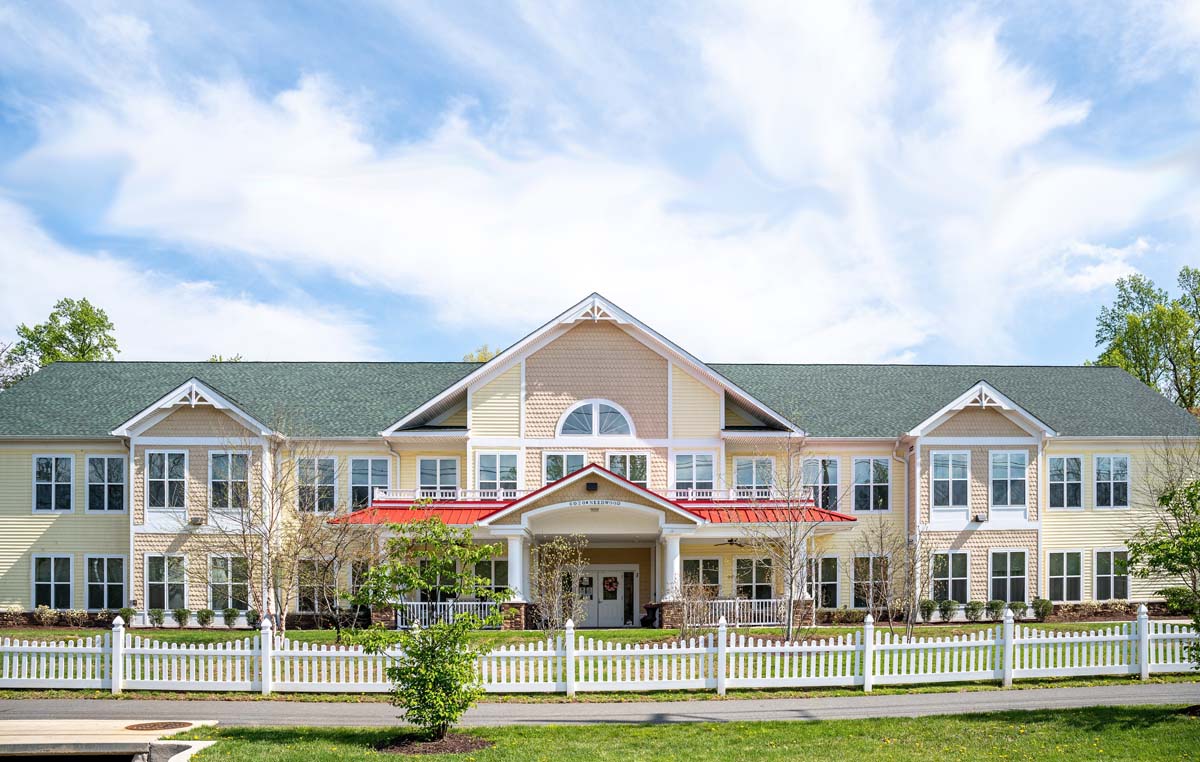The season of autumn has long been used, especially in poetry, as a metaphor for old age. It is a season in which nature prepares itself for the coming winter, when leaves and flowers and fruits have dissipated, and life seems to come to a standstill. We are reluctant to talk about—or even think of—death, must less prepare for it. However, when we reach a certain age, we know that death is inevitable. In our “autumn” years, we can learn a lesson from nature and begin thinking in positive ways about our own death, and start preparing for it, so when it eventually comes, it will not be a surprise.
One condition that the elderly face towards the latter end of their “autumn” years is the decline in cognitive functions. The “leaves”, “flowers”, and “fruit” of our minds fade, turn to yellow, wither, and fall away, leavingus forgetful, disoriented, confused, unable to think clearly or to know where we are and who the people around us are. At the same time, our bodies also begin to fade, become vulnerable to disease. We sometimes become unable to make careful or informed decisions about our heath, the treatment for our ailments, or the care that we need to receive if we are not able to function on our own. The best way to prepare for this situation is to make a “Living Will”, also known as an “Advance Directive”.
A Living Will is a legal document that spells out in detail for your doctors and other medical professionals andhealthcare workers how you wish to be treated medically in case you are unable to make your own decisions or express your wishes when treatment becomes necessary. You can also specify the conditions under which a given medication or treatment is acceptable or not.

A Living Will is not like an ordinary will, which is, incidentally, also something you should consider making. An ordinary will is directed at what happens after you die, but a Living Will applies while you are still living but cannot make decisions for yourself or express your wishes verbally. In your Living Will, you can specify whether you want to be placed on a ventilator if you cannot breathe on your own. If you have been fitted with a pacemaker, you can indicate what the doctors should do with it if you are near death or if your heart stops. The people treating you will need to decide when to turn the pacemaker off. If a person’s heart stops beating under medical care, the standard procedure is to perform CPR or use a defibrillator to get the heart beating again. You may want to specify whether you are willing to have these procedures performed on you, should your heart stop beating. If you are unable to eat or drink on your own, the standard procedure is to feed you artificially through a feeding tube. You may want to specify whether this should be done to you or not.
In preparing your Living Will, you should think about your personal values and religious beliefs and the concerns of your family. Do you want to be kept alive at all costs? Do you believe that your life should not be prolonged needlessly? Do you want to take your family members’ values and beliefs into consideration? You should also talk to your doctor about what he or she would recommend for your specific medical conditions. You do not need a lawyer to make a Living Will. There are several Living Will kits that are available, many of them online. The National Institute on Aging website has links that explain how to find “advance directive forms” which you can fill out yourself. On the forms, you will see several orders such as a DNR (Do Not Resuscitate) order, a DNI (Do Not Intubate) order, a DNH (Do Not Hospitalize) order, and so on. You will need to think about whether you want these orders to go into effect in your case. Remember to review the forms regularly and update them if necessary.
Veena J. Alfred, PhD., Certified Dementia Practitioner
CEO/Administrator





